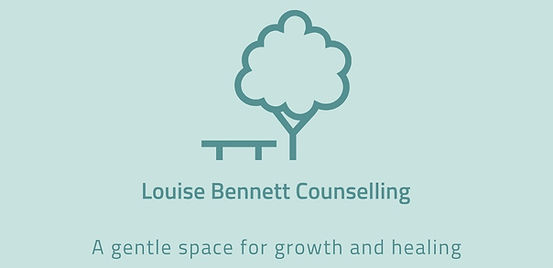What is Person-Centred Counselling?
- Louise Bennett
- Oct 13
- 2 min read
Updated: Oct 14

Person-centred counselling is a humanistic approach developed in the 1940s by American psychologist Carl Rogers. Rogers believed that, given the right conditions, every person has an innate ability to grow, reach their full potential, and become their authentic self — a process he called self-actualisation.
“Self-actualisation is the intrinsic drive to become everything one is capable of becoming.”
Abraham Maslow
To help you move towards self-actualisation, a person-centred counsellor provides three key core conditions:
Unconditional positive regard – accepting and valuing you without judgment
Congruence – being genuine and transparent in their interactions with you
Empathic understanding – seeing and understanding your world from your perspective
In person-centred counselling, you lead the process. You decide what to bring to each session, and your counsellor follows your pace rather than directing the conversation.
Many people come to counselling expecting the therapist to “fix” their problems. In person-centred therapy, the counsellor doesn’t give advice or solutions — instead, they help you explore your own feelings, beliefs, and experiences so that you can develop deeper self-awareness and independence.
Discover Your Own Strengths
Your counsellor will support you in recognising the resources and strengths you already have, helping you build confidence and realise that you always have choices. You are seen as the expert on yourself, because no one else can truly know what it’s like to be you.
Your therapist will offer a non-judgmental and compassionate space, where you can safely talk about whatever is troubling you. Over time, this supportive relationship helps you gain trust in yourself, discover your inner abilities, and develop the autonomy to handle life’s challenges — both now and in the future.

Comments